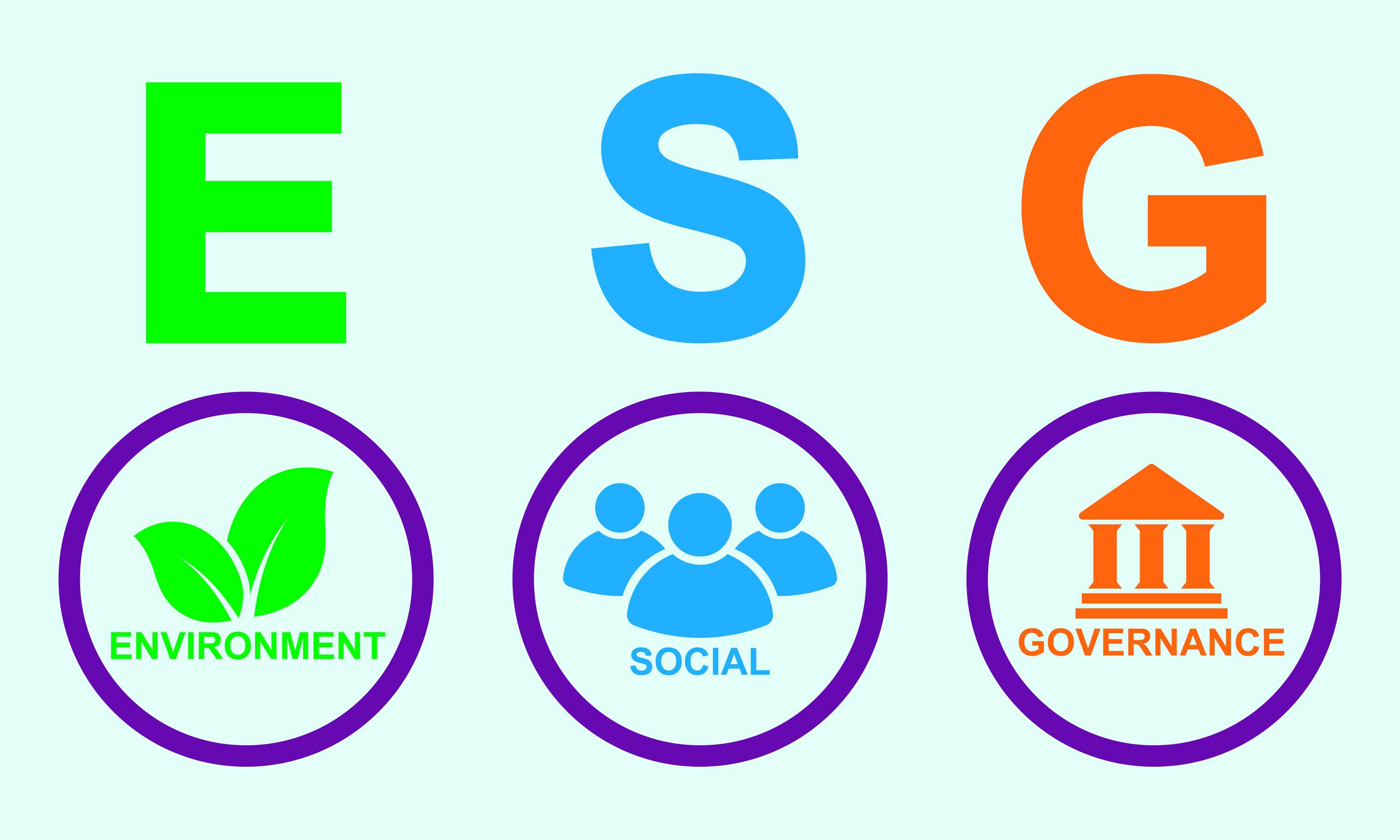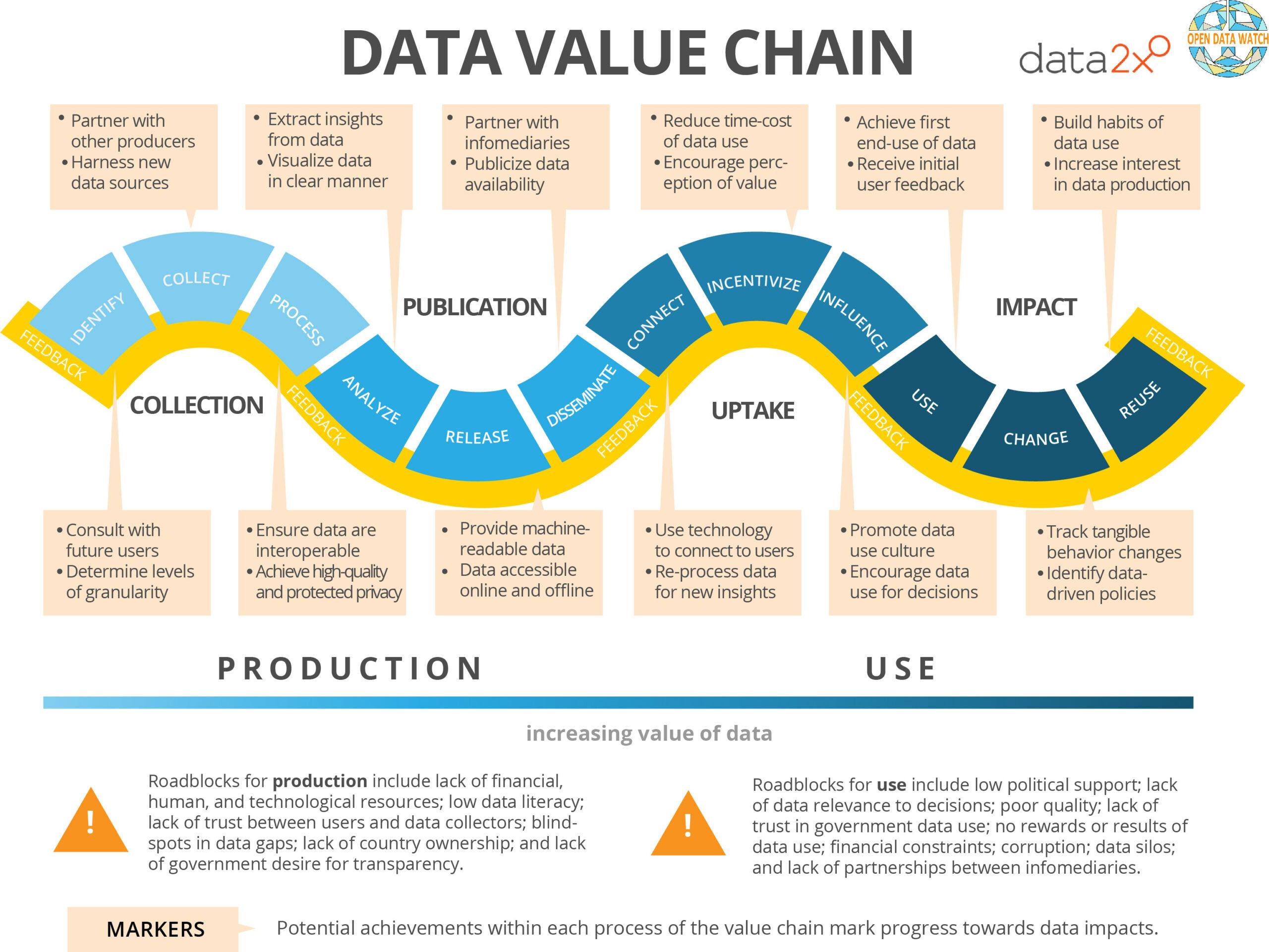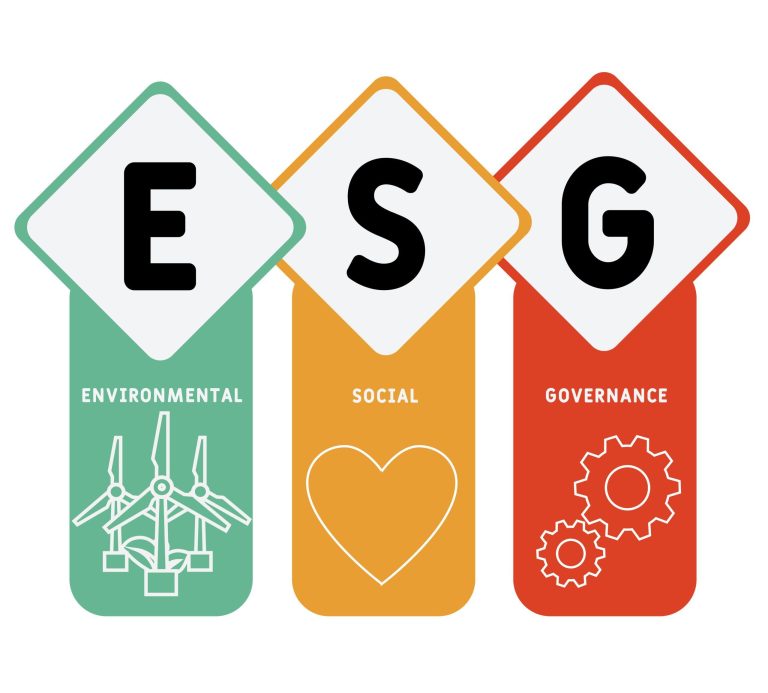Hey there, savvy investors and curious minds! 

Getting to Know ESG: The Basics You Need to Start
Ever heard of ESG? It stands for Environmental, Social, and Governance. These are the three key factors investors look at when assessing the ethical impact and sustainability of an investment in a company. Think of it as a way to align your investments with your personal values. For instance, if you care deeply about climate change, you might look for companies that have strong environmental practices, like reducing carbon emissions or utilizing renewable energy.
Getting started with this type of investing doesn’t have to be complicated. Here are some key aspects you might want to consider:
- Environmental: How does the company impact the planet? Are they reducing waste and minimizing their carbon footprint?
- Social: How does the company treat its employees, customers, and the communities it operates in? Do they champion diversity and inclusion?
- Governance: How is the company managed? Are their practices transparent and ethical?
To make it even clearer, here’s a quick comparison of traditional vs ESG criteria:
| Traditional Investment | ESG Investment |
| Focuses solely on financial returns | Considers financial returns and ethical impact |
| Prioritizes growth and profits | Prioritizes sustainability and ethical practices |
Whether you’re new to investing or a seasoned pro, integrating ESG factors can make your portfolio not only financially robust but also ethically gratifying.

Why ESG Matters: Aligning Investments with Impact
Investing isn’t just about making money; it’s also about making a difference. That’s where Environmental, Social, and Governance (ESG) investing comes into play. By aligning your investments with ESG principles, you can support companies committed to addressing climate change, promoting social justice, and practicing good governance. This way, you’re not only growing your wealth but also contributing to a better world. Think of it as putting your money where your heart is.
Why does ESG matter? Here are some key benefits:
- Higher long-term returns: Companies with strong ESG practices often outperform those that don’t.
- Reduced risk: ESG-focused companies are less likely to face crises like scandal or environmental fines.
- Peace of mind: Knowing your investments align with your personal values can bring a sense of satisfaction and purpose.
| ESG Factor | Key Aspect | Benefit |
|---|---|---|
| Environmental | Climate Policies | Preserve natural resources |
| Social | Labor Practices | Promote equality |
| Governance | Ethical Leadership | Reduce corporate risks |
Making the switch to ESG investing may seem overwhelming, but it’s simpler than you think. Start small by researching ESG-rated funds or consult with a financial advisor who specializes in sustainable investments. Your portfolio—and the planet—will thank you.

Picking ESG Investments: Tips for Building a Value-Based Portfolio
When you’re diving into ESG (Environmental, Social, and Governance) investing, it’s essential to make informed decisions that truly reflect your values. Start by researching companies and funds that prioritize issues that matter to you. This might include:
- Environmental impact – Look for companies committed to reducing carbon footprints, utilizing renewable energy, and minimizing waste.
- Social responsibility – Choose businesses that promote fair labor practices, community engagement, and diversity and inclusion within their workforce.
- Governance practices – Focus on firms with transparent corporate policies, ethical leadership, and strong board oversight.
Next, consider using tools and resources to streamline your choices. There are numerous websites and apps designed to help investors find ESG-rated stocks and funds. This can make it easier to compare and contrast different investment options. Take a peek at ESG ratings and reports, which can give you a clearer picture of how well companies meet various criteria. Here’s a quick snapshot of some popular tools:
| Tool | What It Offers |
|---|---|
| Sustainalytics | In-depth ESG ratings and analysis |
| Morningstar | ESG scores integrated into mutual fund ratings |
| MSCI ESG | Comprehensive ESG indexes and data |

Actionable Steps: How to Monitor and Improve Your ESG Strategy
Monitoring and improving your ESG strategy doesn’t have to be daunting. Start by setting clear, measurable goals for each aspect of your ESG criteria—Environmental, Social, and Governance. For instance, you can aim to reduce your portfolio’s carbon footprint or invest in companies with strong diversity policies. Regularly review these goals and adjust them as needed. You can make good use of tools like ESG reporting software to track your progress effectively. Remember, it’s all about being consistent and committed to your values.
Next, engage with your investments on a deeper level. Reach out to the companies you invest in and ask about their ESG practices. You can even push for better policies during shareholder meetings. Here are a few steps to help you stay on top of your ESG strategy:
- Stay Informed: Follow ESG news and trends to understand market dynamics.
- Use ESG Ratings: Consult third-party ESG scores to evaluate your investments.
- Seek Expert Advice: Don’t hesitate to consult financial advisors who specialize in ESG.
| Goal | Action | Frequency |
|---|---|---|
| Reduce Carbon Footprint | Invest in renewable energy companies | Quarterly |
| Improve Diversity | Support companies with diverse leadership | Annually |
Q&A
Q&A:
Q1: Uh, what exactly is ESG investing?
A1: Great question! ESG stands for Environmental, Social, and Governance. It’s a way of investing where you choose companies that are not just financially solid but also meet certain ethical standards. Basically, you’re picking stocks based on how well they do in these three areas.
Q2: So, it’s like being a responsible investor or something?
A2: Exactly! ESG investing lets you align your investments with your personal values. You’re essentially putting your money into companies that care about things you care about, like sustainability, human rights, and good corporate behavior.
Q3: Sounds cool, but how do I know if a company is good on ESG?
A3: Another solid question! Many financial institutions and firms provide ESG ratings for companies. These are like report cards that tell you how well a company performs in each area—environmental, social, and governance. You can find these ratings on investment platforms or financial news websites.
Q4: Okay, but does this mean I have to sacrifice returns for being all ethical and stuff?
A4: Not necessarily! While there’s some debate, many studies suggest that ESG investments can perform just as well, if not better, than traditional investments. Plus, companies with strong ESG practices are often more sustainable in the long run, so they can be a safer bet.
Q5: Cool, cool. How do I start with ESG investing?
A5: First, you’ll want to decide what’s important to you. Are you passionate about environmental causes? Or maybe social justice or good governance? Once you pinpoint that, you can look for funds or ETFs that focus on those areas. Many platforms now offer ESG options, so it shouldn’t be too hard to find.
Q6: Do I need a lot of money to start, or is this just for rich folks?
A6: Not at all! While some people do go all-in with big investments, you can start small. Lots of online brokers let you buy fractional shares or invest in ESG-focused mutual funds or ETFs with relatively low minimums. So, you don’t need to be Richie Rich to get started!
Q7: Got it. Do I have to be a financial whiz to get into this?
A7: Nope! While some financial knowledge is always helpful, you don’t need to be an expert. Many investment platforms offer tools and research to help you understand ESG ratings. Plus, there are financial advisors who specialize in this kind of investing and can guide you through the process.
Q8: What if a company’s ESG rating changes? Should I panic?
A8: No need to freak out. ESG ratings can change over time. It’s a good idea to keep an eye on your investments and maybe re-evaluate your portfolio every so often. If a company’s rating drops significantly, you might want to look into why and decide if it still fits with your values.
Q9: Sweet. Any last tips for a newbie?
A9: Start small and do your research. ESG investing is all about making conscious choices, so take the time to learn about the companies you’re investing in and consider using a mix of ESG funds to diversify your portfolio. And most importantly, enjoy the process of aligning your money with your values!
Q10: Thanks, this was really helpful!
A10: Anytime! Happy investing and remember: you’re not just growing your wealth, you’re making a positive impact on the world! 
Future Outlook
And there you have it, a crash course on understanding ESG investing and how to align your portfolio with your personal values. It might seem like a lot to take in, but remember, every step towards more sustainable investing is a win for both you and the planet. Whether you’re just dipping your toes in or ready to dive deep, ESG investing offers a way to make your money matter in ways that resonate with what you care about most.
So, grab a cup of coffee, do a bit more digging, and start conversations with your financial advisor. Remember, your portfolio can pave the way to a more sustainable and just world. Happy investing, and until next time, keep aligning those finances with your values!




[…] this article, we’ll dive deep into the world of workplace mindfulness, exploring its benefits, easy implementation strategies, […]